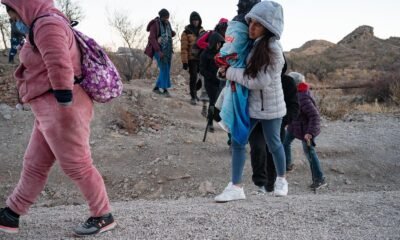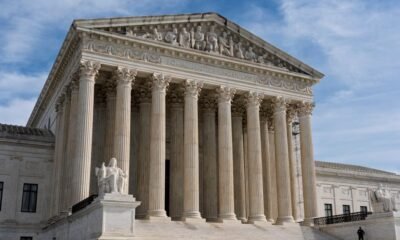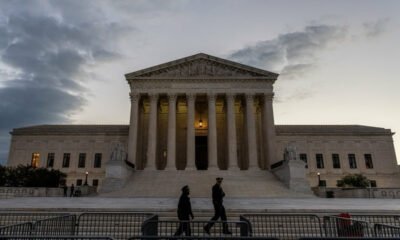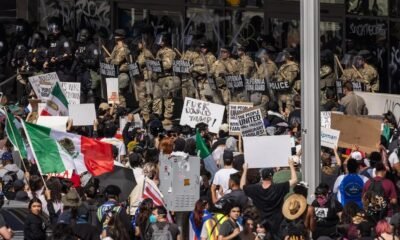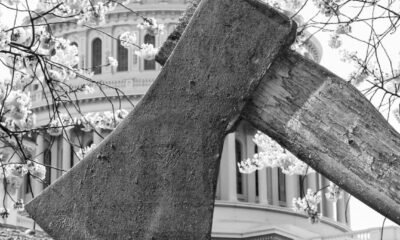Politics
Court Verdict Empowers Almost 100K Arizonans to Cast Full Ballots on Nov. 5 Despite Citizenship Uncertainties

PHOENIX — A significant ruling from the Arizona Supreme Court permits nearly 100,000 Arizonans lacking proof of citizenship to vote in all races for the 2024 election, overturning a prior challenge from Maricopa County Recorder Stephen Richer.
In a decision released late Friday, the justices dismissed Richer’s assertion that his office, along with other county election officials, lacked authority to allow registered voters without proof of citizenship to participate in state and local elections. The state law in question, approved by voters in 2004, mandates documented proof of citizenship for voting, with exceptions for federal elections.
Chief Justice Ann Scott Timmer emphasized that while the law is recognized, there was no legal basis for Richer’s strategy to limit voting rights en masse. The court identified a “state administrative failure” as the cause behind the confusion, revealing that many voters had been incorrectly listed as having provided citizenship proof.
Timmer clarified that when a county recorder suspects someone is not a citizen, there is a process for removing them from voter rolls with due process protections. She stated, “We are unwilling on these facts to disenfranchise voters en masse from participating in state contests,” reinforcing the importance of individual voter rights.
Richer acknowledged the court’s swift decision was appreciated but noted the legal battle was a “friendly lawsuit,” aimed at preparing for early ballot distribution with upcoming elections. He expressed gratitude towards Secretary of State Adrian Fontes, who took a contrary legal stance to facilitate the ruling.
The ruling represents a crucial moment for the 97,928 voters who, according to Fontes, lacked citizenship documentation on file but had registered under the presumption of citizenship based on their Arizona driver’s licenses.
Fontes remarked, “Today marks a significant victory for those whose fundamental right to vote was under scrutiny.” He underscored the court’s decision to allow affected voters to participate in a full ballot for local and state offices rather than being restricted to federal races.
The issue stems from a 2004 law that specified proof of citizenship must be provided for voter registration, yet exemptions existed for individuals who received their driver’s licenses after October 1, 1996. The confusion arose as county officials misinterpreted responses from the Motor Vehicle Division regarding citizenship status, leading to a misclassification of many voters.
Notably, both Richer and Fontes conveyed to the court that most of the affected individuals likely are citizens. They stated that all impacted voters had affirmed their citizenship under penalty of perjury and had no reason to believe they needed additional documentation for voting.
Timmer concluded that no legal argument supported Richer’s proposed action to restrict nearly 100,000 voters to federal races only. She noted the urgency of the situation as the upcoming elections approach, emphasizing the need for timely resolution.
This ruling only directly affects the 2024 election cycle, with election officials planning to contact voters requiring updates to their citizenship records afterward. Governor Katie Hobbs stated that the Motor Vehicle Division has rectified the issue to prevent future inaccuracies.
The Arizona Republican Party, which filed its own brief supporting Fontes’s position, hailed the outcome. The party’s interest was strategic, as a significant portion of those affected were Republican voters whose exclusion could impact closely contested legislative races.
